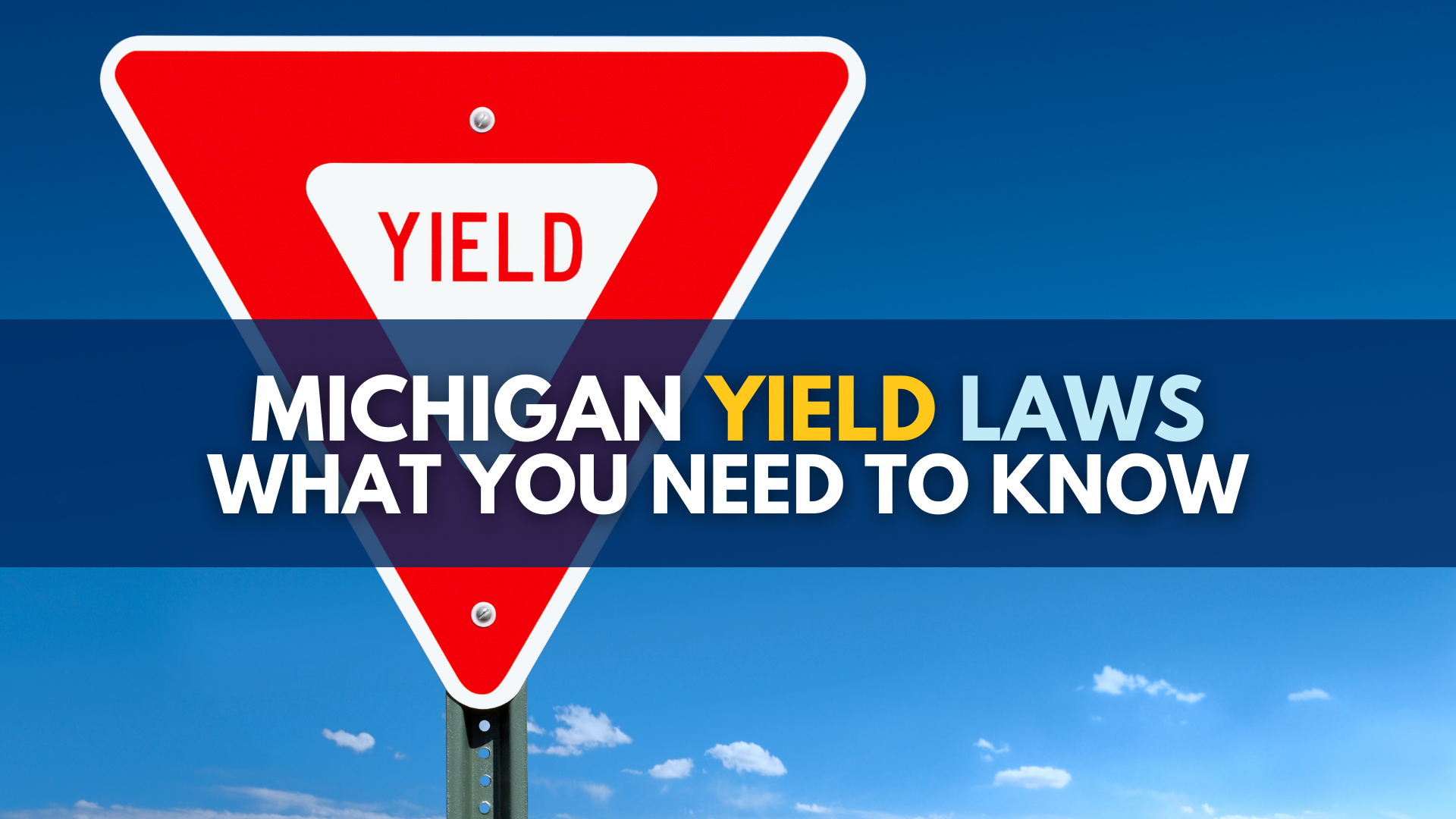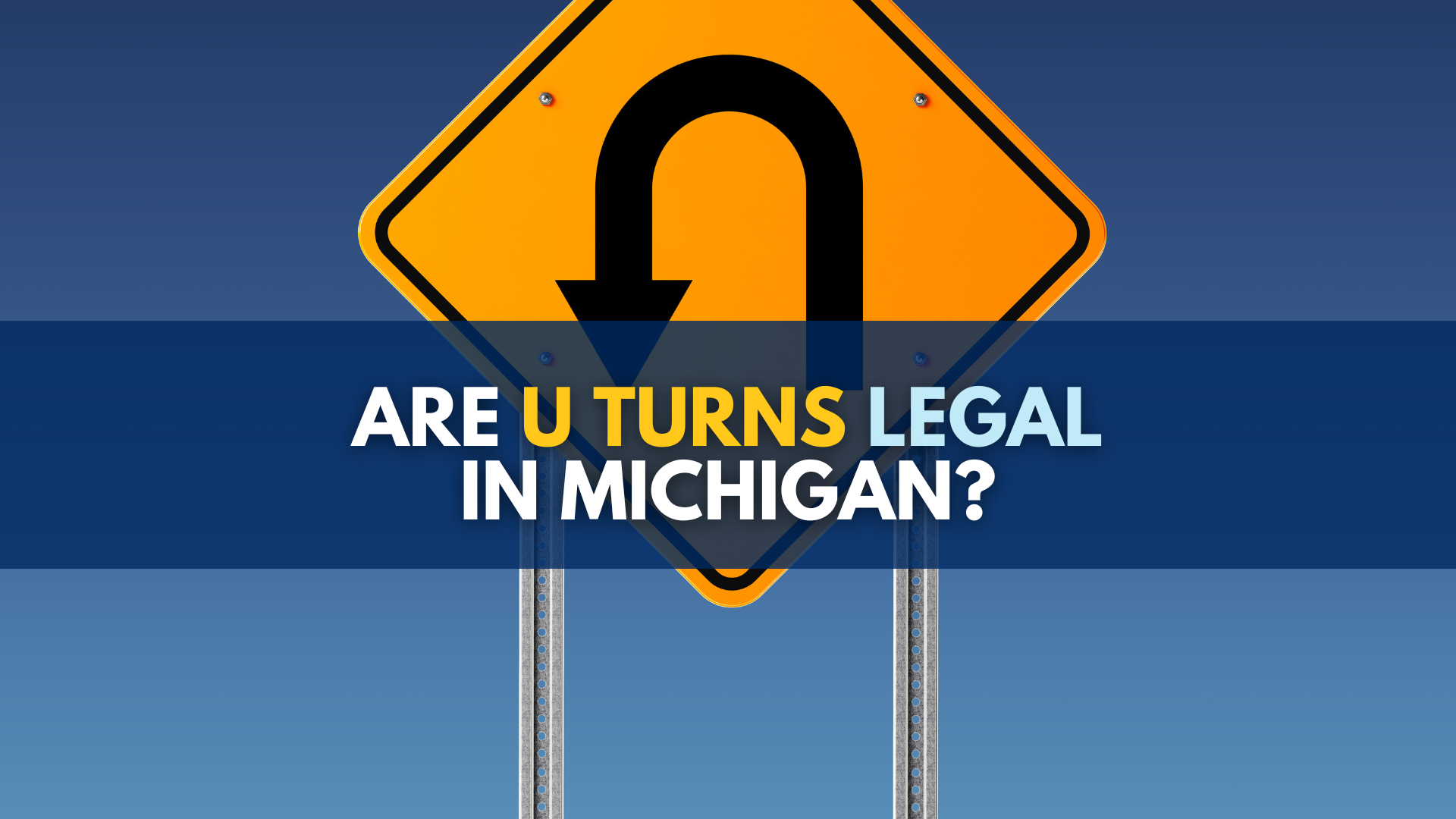Michigan senators want to reduce points on driving records for speeders who endanger workers and other drivers with (SB 895-898). Why?
Yesterday, I wrote about a recent, dangerous package of Senate bills (SB 895-898) that would allow drivers to go faster in construction work zones. These bills would also raise speed limits to up to 80 miles per hour.
Rightly so, Michigan imposes serious penalties on drivers who endanger construction workers by speeding in work zones. Under existing Michigan law, if a driver gets caught speeding in a “work zone” on a Michigan highway, the driver could get between three and five points on her driving record.
But now, the group of Michigan senators that proposed the speeding bills think the state is being too harsh on these reckless and dangerous drivers. Senators Rick Jones (R-24th District), Tom Casperson (R-38th District) and John Pappageorge (R-13th District) made the following proposals for being more lenient on drivers who speed in work zones.
As an attorney who has helped the families of construction workers who have been injured or killed by drivers in work zones, I have to admit I have no idea why these senators want to lighten the penalties for these negligent and dangerous drivers.
Under the new SB 895-898 bills, drivers would see:
- No points on the driving record for speeding drivers who exceed the maximum work zone speed limit by 5 mph or less. (SB 897) Currently, those speeding drivers will get 3 points on their driving record. (MCL 257.320a(1)(o))
- Two points on the driving record for speeding drivers who exceed the maximum work zone speed limit by more than 5 mph, but not more than 10 mph. (SB 897) Currently, those speeding drivers will get 3 points on their driving record. (MCL 257.320a(1)(o))
- Three points on the driving record for speeding drivers who exceed the maximum work zone speed limit by 10 mph or more, but less than 15 mph. (SB 897) Currently, those speeding drivers will get 4 points on their driving record. (MCL 257.320a(1)(l))
- Four points on the driving record for speeding drivers who exceed the maximum work zone speed limit by 15 mph or more. (SB 897) Currently, those speeding drivers will get 5 points on their driving record. (MCL 257.320a(1)(g))
Why do Sen. Jones, Casperson and Pappageorge want to change the law to make it more dangerous for people who work in construction work zones? Why make the laws more lenient for the unsafe drivers who speed through these work zones?
The existing law – and its penalties for speeding work-zone drivers – have improved safety in and around work zones on Michigan’s highways. They have reduced accidents and injuries. They have saved lives.
Between 2010 and 2012, work zone crashes have decreased as follows, according data from the Michigan Traffic Crash Facts:
- All construction zone crashes are down 28%.
- Fatal-injury construction zone crashes are down 42%.
- Incapacitating-injury construction zone crashes are down 60%.
Why put construction workers and other drivers in greater peril — and loosen the penalties for dangerous drivers who break the law?
The current Michigan work zone construction law and penalties
Under current law, (MCL 257.627(9), the mandatory maximum work zone speed limit on a highway is 45 mph, unless MDOT, a county road commission or local authority has set and posted different speed limit.
Drivers who speed in work zones may receive between three and five points on their driving records:
- Speeding drivers who exceed the maximum work zone speed limit by 15 mph or more get 5 points on their driver’s license. (MCL 257.320a(1)(g))
- Speeding drivers who exceed the maximum work zone speed limit by more than 10 mph but not more than 15 mph get 4 points on their driver’s license. (MCL 257.320a(1)(l))
- Speeding drivers who exceed the maximum work zone speed limit by 10 mph or less (i.e., anything from 1 mph to 10 mph over) get 3 points on their driver’s license. (MCL 257.320a(1)(o))
But you also face a lot more than a speeding ticket and points if you go too fast:
- Doubled fines;
- Increased auto insurance rates;
- Jail time.
P.A. 103, known as “Andy’s Law,” went into effect in October 2001. Under Andy’s Law, if a driver injures a construction or maintenance worker, he faces up to one year in prison. If a driver kills a worker, he faces up to 15 years in prison. The law also imposes a maximum penalty of $7,500. It’s named for Andrew Lefko, a 19-year-old who was paralyzed after being hit while working on I-275 in metro Detroit.



I work at consumers energy , work in or near roadways very often, and want to continue returning home safely to my family each night. There should be no leniency for people who speed in construction zones. The law needs to stay the same!